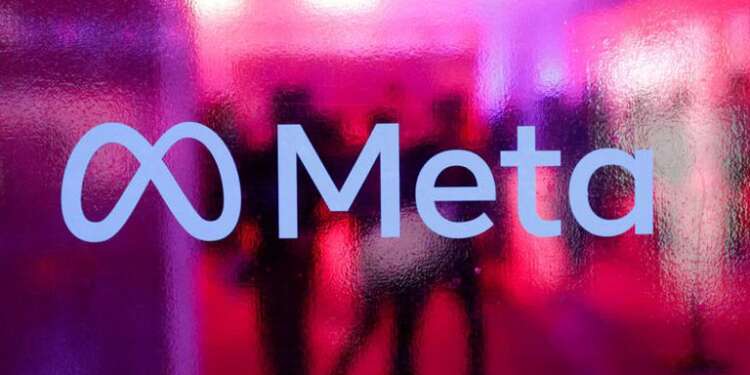Meta Platforms, the owner of Facebook and Instagram, should allow users the option to use its social media services without having to pay to avoid targeted advertising, the European Data Protection Board (EDPB) said Wednesday.
The statement comes in relation to Meta’s paid subscription service, which allows to users to opt out of targeted or behavourial advertising in the European Union (EU). The service was launched in October 2023 after concerns about consumer data collection by Big Tech mounted in the EU.
However, the service received criticism from various regulators and tech accountability experts. They argued that Meta’s ad-free paid subscription was trading personal data for monetary benefits. The service originally charged a monthly €9.99 for web and €129.9 on Android and iPhone for accounts on Facebook and Instagram.
Those not paying for the service would have to consent to Meta’s data collection practices. At the time of its launch, Meta said its ad-free subscription model would meet the “evolving” requirements of European regulations, primarily the Digital Services Act (DSA) and the General Data Protection Regulation (GDPR).
However, the EDPB believes that the service should be free without the requirement of opting for targeted ads. The watchdog issued the statement after national privacy regulators in the Netherlands, Germany, and Norway requested it to review Meta’s updated advertising model. Their request questions the validity of the option that requires users to consent to data collection if they are not paying to opt out of it.
“If controllers do opt to charge a fee for access to the ‘equivalent alternative’, they should give significant consideration to offering an additional alternative,” said the EDPB. “This free alternative should be without behavioural advertising.”
Meta has long been facing intense regulatory scrutiny for its data collection practices both in the EU and the United States (US). It has been found involved in a number of controversies such as violating privacy regulations and illegally scraping personal data of minors for personalised advertising. The company has accrued fines surpassing a billion dollars by various watchdogs around the world in the last two years.





